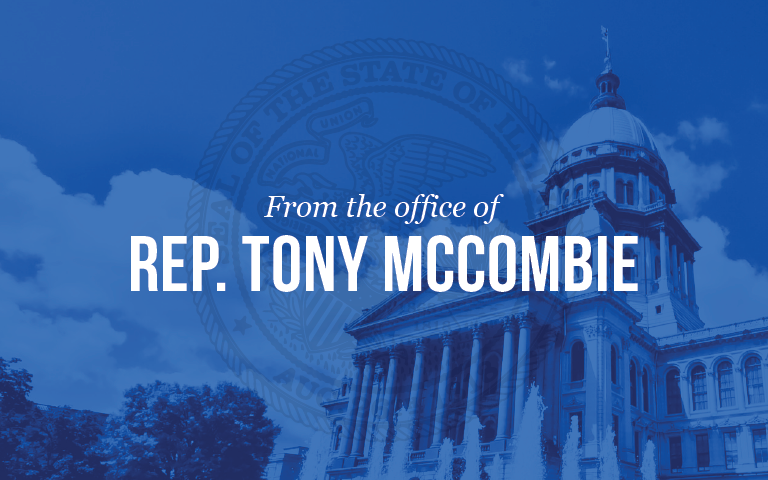Damage Assessment Will Determine Whether State Receives Federal Recovery Assistance
As the floodwaters from the Great Flood of 2019 begin to recede, the State of Illinois and county emergency management agencies are undertaking a full damage assessment to determine whether Illinois can qualify for federal assistance. In order to qualify, the State of Illinois must meet or exceed more than $19 million in damages.
At this time, emergency managers in each impacted county are collecting all damage information, outlining both residential, commercial and governmental expenses, in order to report that information to the State of Illinois via the Illinois Emergency Management Agency (IEMA). This is a critical juncture in the damage assessment process and we urge all residents who have damage to their home, business or roads, to contact their county emergency management agency immediately.
“While the ultimate decision on our state receiving federal funds lies with Washington, my administration is committed to doing everything in our power to ensure our communities get all resources available to recover,” said Governor JB Pritzker. “Our state has not received a federal disaster declaration since 2013 and there is no doubt this will be an uphill battle. I urge every resident in every impacted community to report any damage to their local emergency management agency. We are in this together and the state will stand with all of our communities as we rebuild.”
“Previous agency experience has demonstrated the importance of being as thorough as possible during this initial damage assessment,” said Acting IEMA Director Alicia Tate-Nadeau. “Any kind of flood-related damage should be reported to your county emergency management office. Reporting damage, regardless of whether it is $200 or $20,000, not only helps you and your community, but it has the ability to help other communities across our state. Without a complete picture of the damage caused by this flood, Illinois could miss out on invaluable federal funds that can help our state rebuild following this extensive disaster.”
In many communities, the initial damage assessment is on-going. County emergency management offices have been asked to submit all damage assessment information to the State of Illinois by COB on July 22nd. While some counties may have difficulty meeting this deadline due to floodwaters blocking access to homes or roads, flexibility will be given to accommodate the impediment. A formal request for federal assistance must be submitted by August 3, which is 30-days after the last impacted river fell below major flood stage.
To help counties with the necessary reporting requirement, IEMA has made available teams of experts to assist with the damage assessment process. Through a partnership with the Illinois Emergency Services Management Association (IESMA), IEMA can dispatch an Incident Management Team (IMT) to provide on-scene support during incidents or events that exceed a jurisdiction or agency’s capability or capacity.
Additionally, to increase communication during this disaster, the State of Illinois established a website, www.Illinois.gov/2019Floods, that allows residents and business owners to submit an initial damage report online. Once reported via the state’s flood recovery website, the submission is forwarded to the appropriate county emergency management agency for follow-up reporting.
The State Emergency Operations Center in Springfield has been activated for more than 150 days to address the needs of communities battling floodwaters. To date, the following resources have been deployed by the State of Illinois, and its partners, to assist local governments during the Great Flood of 2019.
- More than 5 million sandbags transported and distributed
- More than 38,000 tons of rock distributed
- 1.2 million tons of sand distributed
- More than 3,000 rolls of plastic distributed
- 1,165,667 sandbags filled by IDOC offenders
- 97 pumps deployed to affected areas
- 450 linear feet of HESCO barriers
- 1750 feet of Aquadam
- More than 14,000 emergency supplies distributed to communities in need
